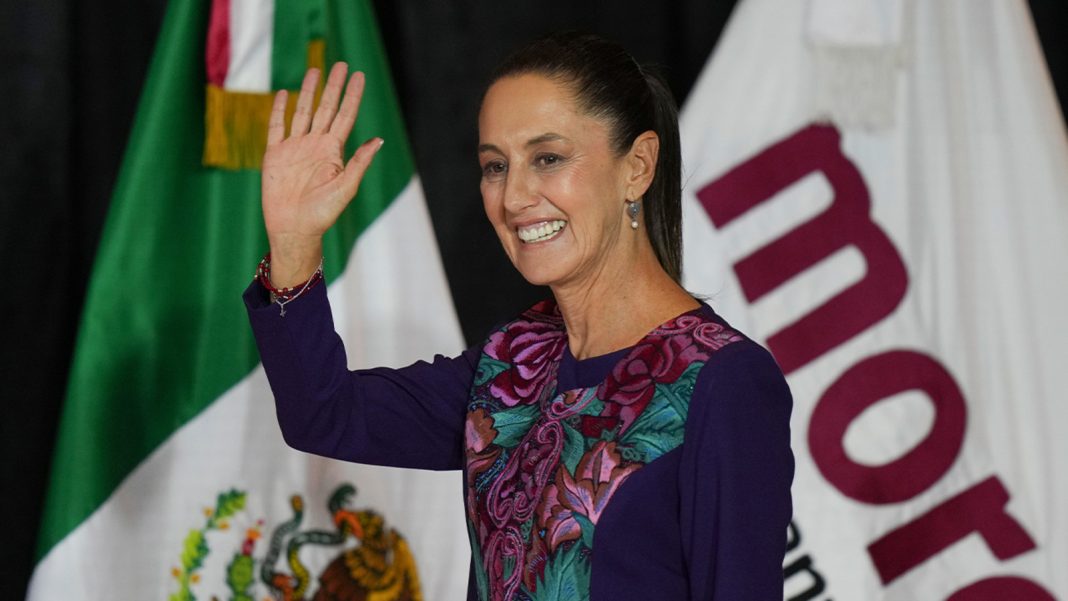 eSafety Commissioner Julie Inman Grant of Australia has denied accusations that her agency engages in Orwellian tactics and acts as a censor on social media platforms. During a recent hearing, Grant clarified that her organization lacks the power and resources to proactively monitor the internet or engage in widespread content deletion. She also dismissed claims that eSafety uses social listening tools to spy on Australian internet users, emphasizing that these tools are solely used to measure eSafety’s own conversations. Grant further clarified that eSafety primarily responds to specific complaints from the public, fulfilling its role as a safety net when social media companies fail to enforce their own policies effectively.
eSafety Commissioner Julie Inman Grant of Australia has denied accusations that her agency engages in Orwellian tactics and acts as a censor on social media platforms. During a recent hearing, Grant clarified that her organization lacks the power and resources to proactively monitor the internet or engage in widespread content deletion. She also dismissed claims that eSafety uses social listening tools to spy on Australian internet users, emphasizing that these tools are solely used to measure eSafety’s own conversations. Grant further clarified that eSafety primarily responds to specific complaints from the public, fulfilling its role as a safety net when social media companies fail to enforce their own policies effectively.
Grant emphasized that eSafety has no intention of monitoring the global internet. While the agency does request the removal of illegal content from social media platforms, Grant asserted that this does not amount to censorship of the entire internet. She explained that most illegal content, such as child sexual abuse materials and terrorist content, is hosted on overseas sites and shared on platforms and social media sites based abroad. Grant emphasized that eSafety does not seek to monitor the global internet or censor the speech of individuals from different countries.
Regarding the handling of harmful online content, Grant outlined eSafety’s approach. The agency first prefers to approach service providers informally to request removal, as this tends to be faster and more effective than issuing a formal notice. However, if service providers refuse to voluntarily remove harmful material, eSafety may issue a compulsory removal notice supported by civil penalties.
These statements from Grant come in the midst of a controversy surrounding eSafety’s attempt to force social media giant X to remove a video of a bishop being stabbed during a live-streamed service. X complied with the order domestically but resisted the idea of removing the content globally. Critics, such as Graham Young of the Australian Institute for Progress, have raised concerns about potential narrative manipulation and pointed out the availability of more graphic content on social media platforms.
Furthermore, American author and journalist Michael Shellenberger has called attention to Grant’s involvement in the Global Online Safety Regulators Network, which he believes is an attempt to censor speech feared by politicians and government bureaucrats. Shellenberger claims that Grant, along with representatives from France, the UK, Ireland, Korea, South Africa, and Fiji, is working to align their positions in addressing online misinformation.
In conclusion, eSafety Commissioner Julie Inman Grant has addressed concerns about her agency’s practices and denied allegations of being an Orwellian censor. She emphasized that eSafety lacks the capacity for proactive internet monitoring and does not spy on Australian internet users. Grant clarified that eSafety’s role is to respond to public complaints when social media companies fail to enforce their policies effectively. She also clarified that eSafety does not seek to monitor the global internet or censor individuals from different countries. The agency’s approach to harmful online content involves informal requests for removal from service providers, with formal notices and civil penalties as a last resort. Critics have raised concerns about potential narrative manipulation and censorship within the online space.


